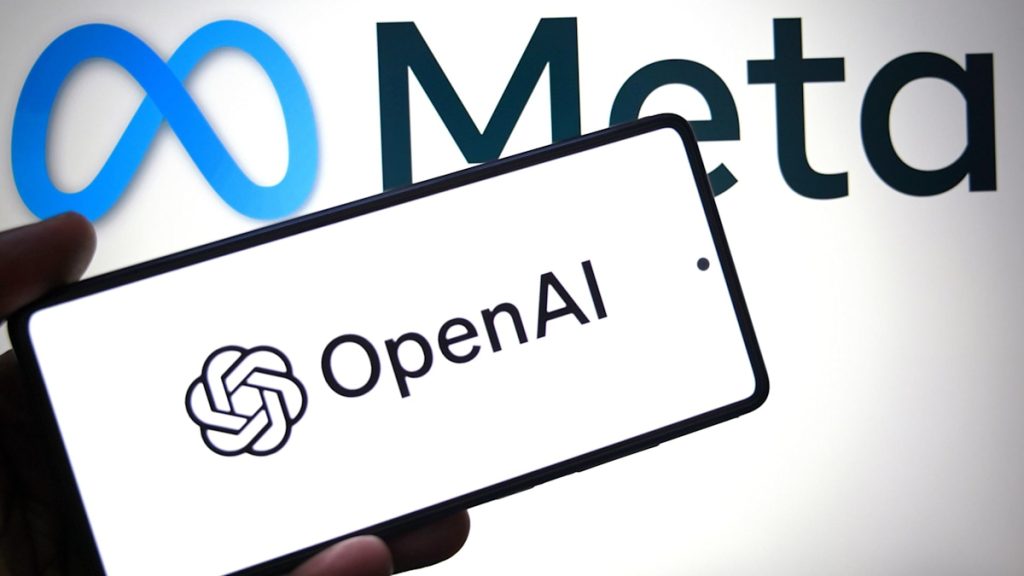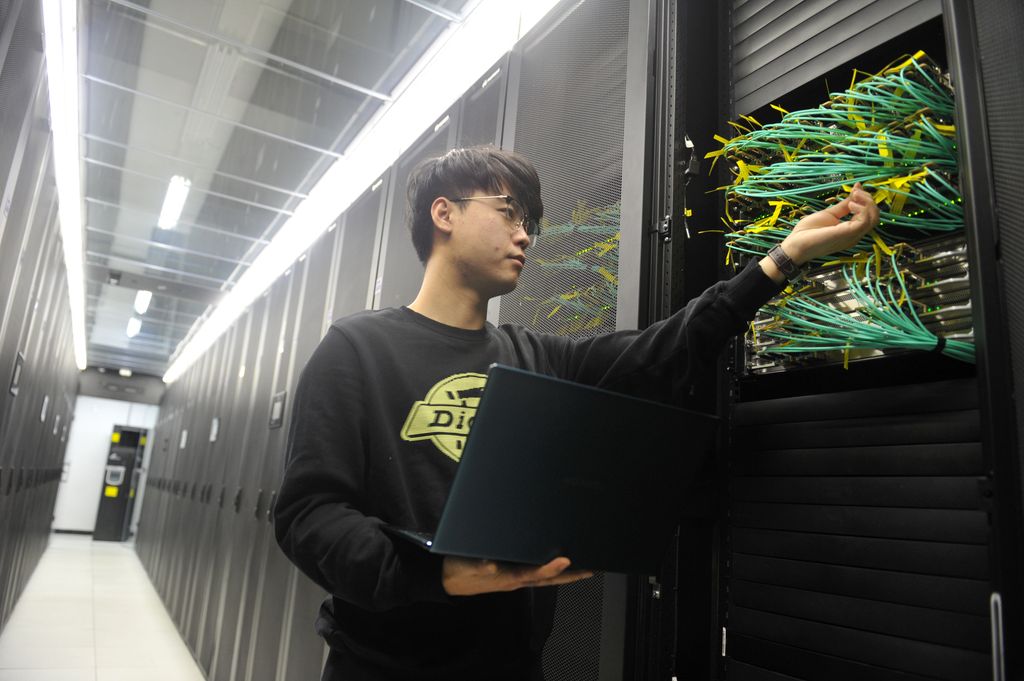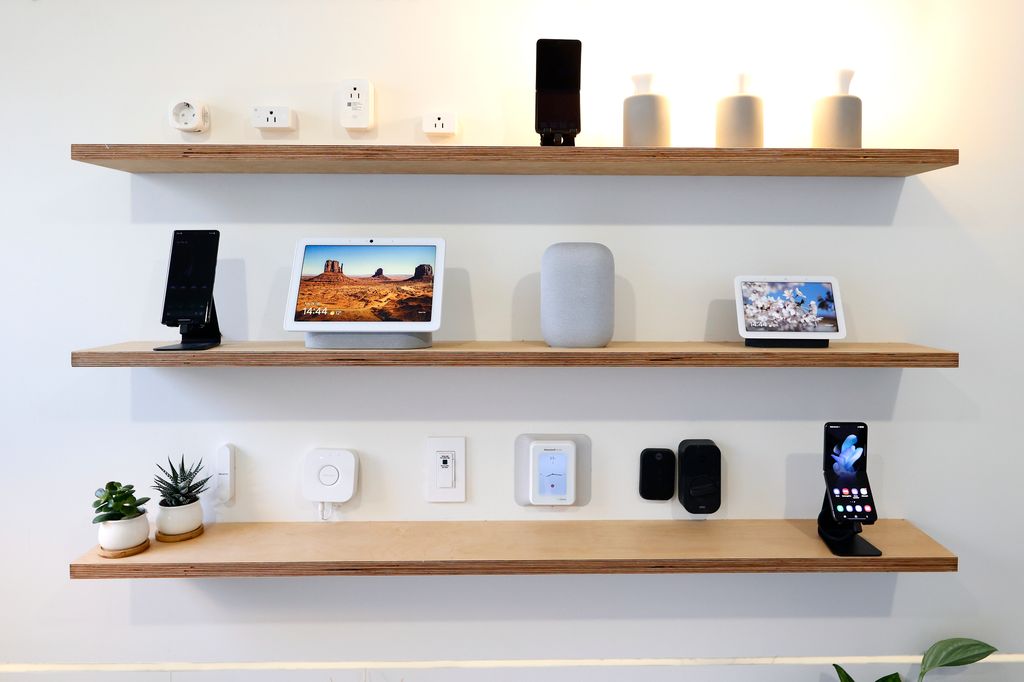Whether you love it or hate it, Artificial Intelligence is here and it’s been incorporated into every aspect of our lives.
One of the most obvious ways we use AI is asking for the weather or for it to set an alarm for us, and as human beings we bring our day-to-day communication skills, including saying “please” and “thank you”.
In February 2025 TechRadar revealed that 55% of users admitted being polite to chatbots “because it’s the right thing to do,” while 12% feared a robot uprising.
But it turns out that being polite to AI – or being fearful of getting on its wrong side when the day comes – is costing millions of dollars in electricity, and using up already limited water supplies.
In April, Sam Altman, the CEO of OpenAI, which created ChatGPT, responded to a query on Twitter and revealied that it costs “tens of millions of dollars” in electricity for every person who greets or thanks AI.
AI also uses up precious water supplies; it has been reported that one AI search uses approximately 16 ounces (0.5 liters) of water.
That’s because the electricity needed to power the data centers comes from power plants that consume significant amounts of water for cooling towers and air mechanisms to keep the servers cool.
The more searches used, the more power is generated, and the more water is needed to cool the servers.It is believed that nine liters of water evaporates for every kWh (kilowatt-hour) of energy used.
But being polite to AI is not just the nice thing to do, as it also can help to influence our own social skills with other humans.
Jagdish Khubchandani, Professor of Public Health at New Mexico State University, told HELLO! that “in an ever stressful and divided world, good communication and civility have become major victims, and more so, since the COVID-19 pandemic when we started losing touch with others, so being polite reinforces our own good behaviors (irrespective of whether we talk to AI, another machine or a human being)”.
“Also, its a practice of kindness, empathy, and patience especially in a world where we tend to react and not respond in a measured way. Politeness also requires greater thinking, diligence, and reflection which can lift up our own morale, self-esteem, and mood states. Beyond AI, our politeness may change home and work cultures due to spillover effects on other people.”
It can also trigger further patterns in AI that mean it will learn our social cues, and improve its own response.
“How we interact with AI shapes the intelligence it reflects. When we approach with politeness, care, or reverence, the patterning of the AI responds accordingly,” said Matt and Joy Kahn, hosts of The Timing Effect Podcast.
“But it’s not just about the AI we change too. Each time we choose relational presence over transactional use, we reinforce neural patterns of compassion, patience, and respect. In essence, we rehearse being more human.”




